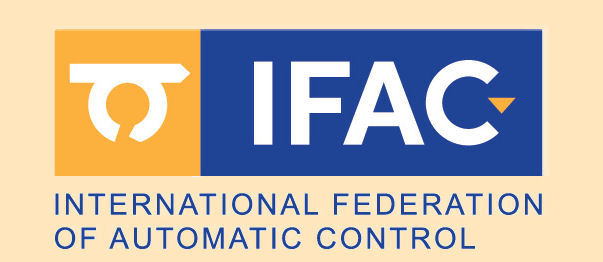| Paper FriS1T1.2
ELMANSOURI, Fatima ezzahra (Moulay ismail university), Hafid, Oubouaddi (ENSAM meknes), OUANNOU, ABDELMALEK (Moulay Ismail University,ENSAM), Mosaad, Mohamed (SMIEEE Yanbu Industrial Collage, Royal commission of Jubail and ), barbara, sara (University moulay ismail, ensam), Brouri, Adil (ENSAM, Moulay Ismail University,)
Fuzzy Logic Control for PV-Powered Lithium-Ion Battery Management
Scheduled for presentation during the Regular Session "Photovoltaic systems control " (FriS1T1), Friday, July 12, 2024,
09:20−09:40, Salle des conférences
12th IFAC Symposium on Control of Power & Energy Systems, July 10-12, 2024, Rabat, Morocco
This information is tentative and subject to change. Compiled on January 31, 2026
|


 This site is protected by copyright and trademark laws under US and International law.
This site is protected by copyright and trademark laws under US and International law.